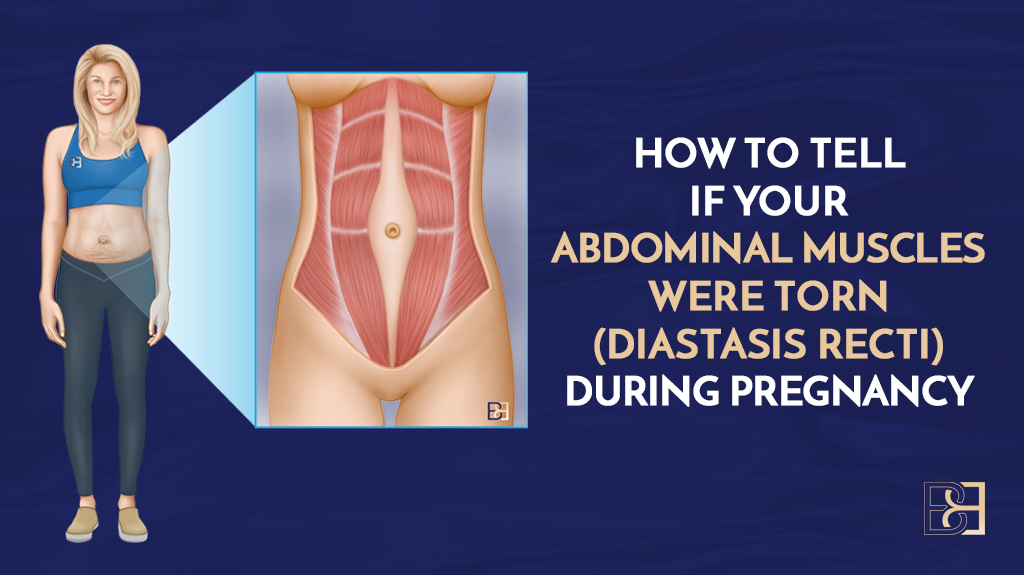Introduction
Obesity has become a global health concern in recent years, and Newcastle, Australia is no exception. With the rise in unhealthy lifestyles and sedentary behaviour, the percentage of overweight individuals in the city has been on the increase. This article will explore the prevalence of overweight individuals in Newcastle, Australia, and the factors that contribute to this trend.
Understanding Overweight and Obesity
Before delving into the statistics of overweight individuals in Newcastle, it is important to understand the terms overweight and obesity. Overweight is defined as having a Body Mass Index (BMI) between 25 and 29.9, while obesity is defined as having a BMI of 30 or higher. BMI is a measure of body fat based on height and weight.
Prevalence of Overweight Individuals in Newcastle, Australia
According to the Australian Bureau of Statistics, in 2021, approximately 67.7% of adults in Newcastle were overweight or obese, with 38.3% being overweight and 29.4% being obese. In terms of gender, 72.1% of men and 63.5% of women were overweight or obese. These figures indicate that overweight and obesity are significant health concerns in Newcastle, Australia.
Factors Contributing to Overweight and Obesity in Newcastle, Australia
There are several factors that contribute to the high prevalence of overweight and obesity in Newcastle, Australia. These include:
Sedentary Lifestyle
The rise of technology and the decrease in manual labor have led to a more sedentary lifestyle. Many people spend most of their time sitting, either at work or at home, which contributes to weight gain.
Unhealthy Diet
An unhealthy diet, characterised by high consumption of processed foods and sugary drinks, is a significant factor in the rise of overweight and obesity in Newcastle. Many people do not consume enough fruits and vegetables, which are essential for maintaining a healthy weight.
Lack of Physical Activity
A lack of physical activity is also a significant factor in the rise of overweight and obesity. Many people do not engage in regular physical activity, which can lead to weight gain.
Genetics
Genetics also play a role in the development of overweight and obesity. Some individuals are genetically predisposed to gain weight more easily than others.
Health Risks Associated with Overweight and Obesity
Overweight and obesity are associated with several health risks, including:
Type 2 Diabetes
Being overweight or obese increases the risk of developing type 2 diabetes. This is because excess weight can affect the body’s ability to produce and use insulin.
Cardiovascular Disease
Overweight and obesity increase the risk of developing cardiovascular disease, such as heart attack and stroke.
Cancer
Several types of cancer are associated with being overweight or obese, including breast, colon, and prostate cancer.
Mental Health Issues
Overweight and obesity can also have an impact on mental health, leading to issues such as depression and anxiety.
Conclusion
The high percentage of overweight individuals, both male and female, in Newcastle, Australia, is a cause for concern. Sedentary lifestyles, unhealthy diets, lack of physical activity, and genetics all play a role in the prevalence of overweight and obesity. It is important to raise awareness of the health risks associated with being overweight or obese and to promote healthy lifestyles to reduce the incidence of these health concerns.
FAQs
- What is the definition of overweight and obesity?
- Overweight is having a Body Mass Index (BMI) between 25 and 29.9, while obesity is having a BMI of 30 or higher.
- What is the percentage of overweight individuals in Newcastle, Australia?
- Approximately 67.7%



